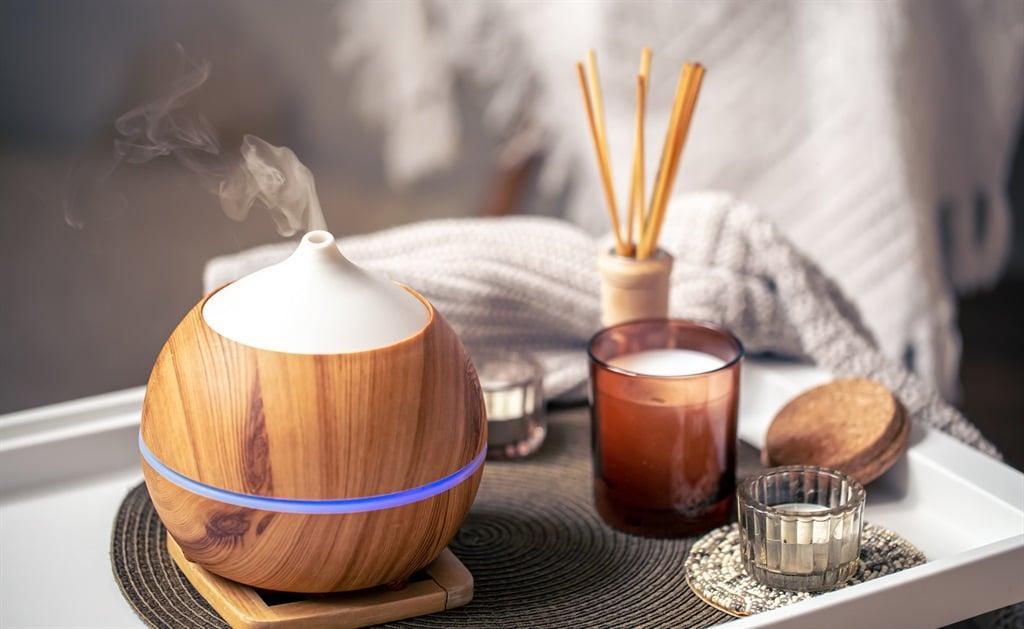Africa-Press – Zimbabwe. During winter, many of us use fragrances to help create a cosy, festive feeling in our homes. From gingerbread, cinnamon and pine scented candles to frankincense and myrrh diffusers, it’s becoming increasingly popular to use scents to evoke the Christmas spirit.
The UK home fragrance market generated a revenue of US$685.5 million (£540,965,050 million) in 2023 and is expected to reach US$1,203 million (£950,135,649 million) by 2030. Part of the growth is spurred by increasing consumer awareness of indoor air quality.
But are these products the best way to improve the quality of air in our homes – and how might they affect our health?
Products like scented candles, air fresheners and incense sticks may mask unpleasant odours and improve the smell of indoor spaces – but they do not remove harmful indoor pollutants. In fact, our research shows that some home fragrance products may be detrimental to indoor air quality.
Two of our recent studies examined Irish homes after energy retrofits. We found that occupant activities like burning candles, smoking and blocking wall vents can have a significant negative effect on indoor air quality.
Use of scented candles or smoking, when combined with blocked wall vents and closed windows, worsens exposure to indoor air pollutants for householders. While using scented candles, for example, peak fine particle concentrations could increase to 15 times the limits prescribed by the World Health Organization. These levels took a while to return to normal levels in underventilated rooms.
For More News And Analysis About Zimbabwe Follow Africa-Press






